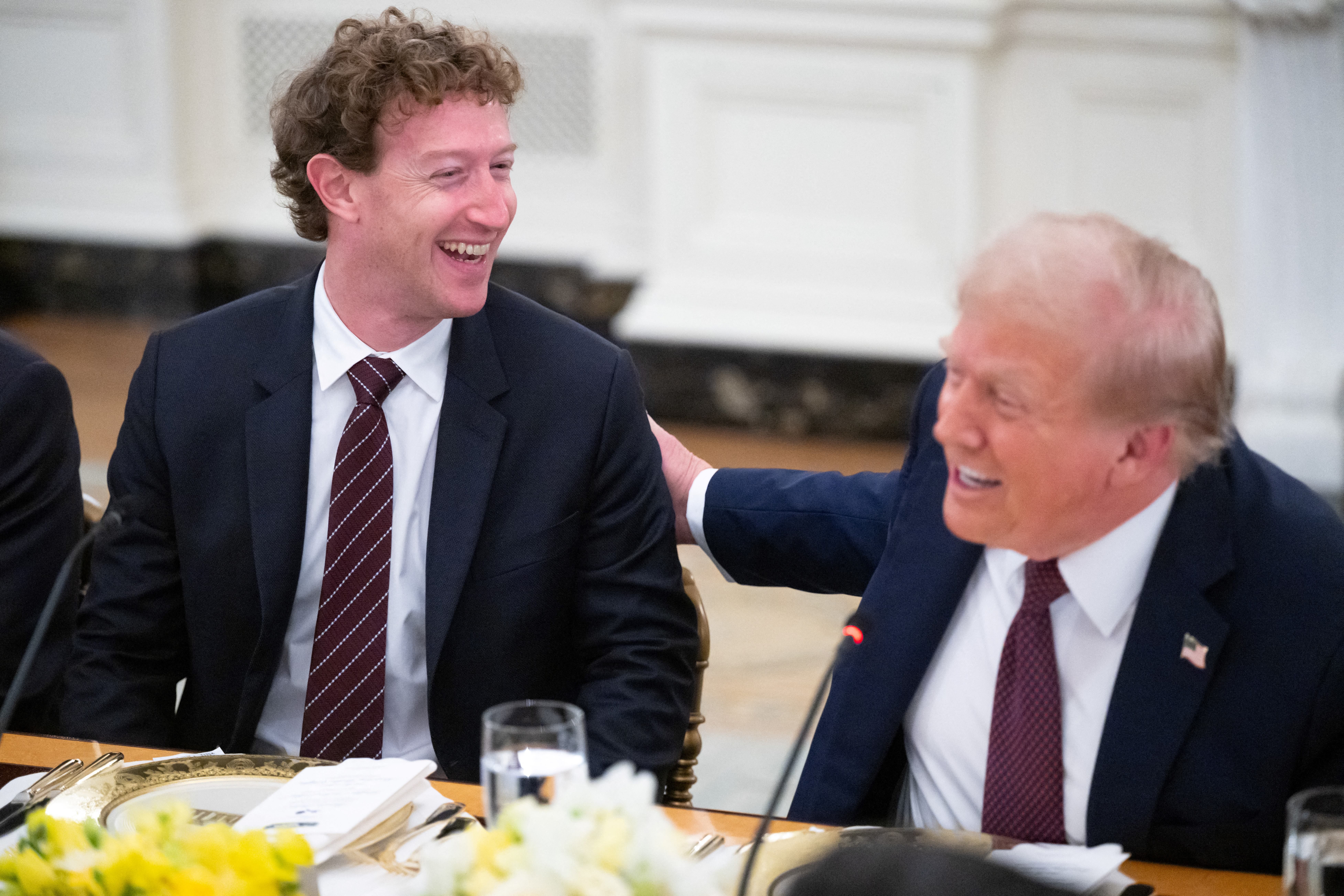Oura CEO Tom Hale went on damage control Monday, categorically denying viral claims that the smart ring maker shares user health data with the government. Speaking at Fortune's Brainstorm Tech conference, Hale called the influencer-driven reports 'simply not true' and outlined his vision for a 'cloud of wearables' future.
Oura CEO Tom Hale just dropped the mic on one of this year's biggest wearables controversies. Speaking at Fortune's Brainstorm Tech conference Monday, Hale opened his interview with guns blazing, flatly denying that the smart ring maker shares user health data with government agencies. 'There was a lot of misinformation about this,' he said, addressing the viral storm that swept across social media after influencers claimed Oura was in bed with the Pentagon and data giant Palantir. The backlash was swift and brutal - users threatened to ditch their rings, privacy advocates raised alarms, and Oura's reputation took a serious hit. But according to Hale, it was all based on false information. 'For the record, we will never share your data with anyone unless you direct us to do it. We will never sell your data to anyone ever,' he stated emphatically. The controversy stems from Oura's legitimate work with the Department of Defense, but Hale says the reality is far more mundane than the conspiracy theories suggest. The company runs its enterprise solution in a completely separate, secure environment for military applications - no personal user data crosses over. The CEO also tackled the Palantir connection head-on, calling reports of a 'partnership' overblown. 'We have a small commercial relationship,' he explained. What actually happened? Oura acquired a company last year that had an existing software-as-a-service contract with Palantir for IL5 compliance - a DoD certification for handling sensitive but unclassified data. 'The systems are not connected. There's no way Palantir has access to your data,' Hale insisted. This isn't Hale's first attempt at damage control. He even made his debut on TikTok to reassure users directly, promising that the company doesn't sell data to third parties 'without your explicit consent.' The privacy firestorm couldn't come at a worse time for Oura, which is riding a massive growth wave. 'We're growing north of 100%,' Hale revealed, as the smart ring market doubles while traditional wearables shift toward cheaper alternatives in Asia and India. The company is positioning itself as a 'preventionist' health device - one that catches problems before they make you sick. But Hale's biggest reveal was his vision for the future of wearables. Forget the 'one ring to rule them all' fantasy. 'I believe very much that we'll see a cloud of wearables,' he said. 'Whether it's metabolic monitoring, maybe it's blood pressure, maybe it's activity, maybe it's other things - maybe it's other kinds of metrics that are going to be brought together.' This suggests is planning beyond rings. The CEO hinted at multiple devices working together, each optimized for specific health metrics and clinical applications. It's a stark departure from the current wearables arms race where companies try to cram every sensor into one device. The company isn't shying away from government work entirely. Hale mentioned partnerships with Medicare Advantage to provide rings to eligible patients - the kind of healthcare collaboration that actually benefits users. But he was crystal clear about where draws privacy lines, pointing to terms of service that explicitly oppose using user data for surveillance or prosecution. The timing of this controversy reveals how quickly misinformation can torpedo even successful tech companies. went from darling of the quantified-self movement to privacy pariah in days, all based on misunderstood business relationships and social media speculation.












